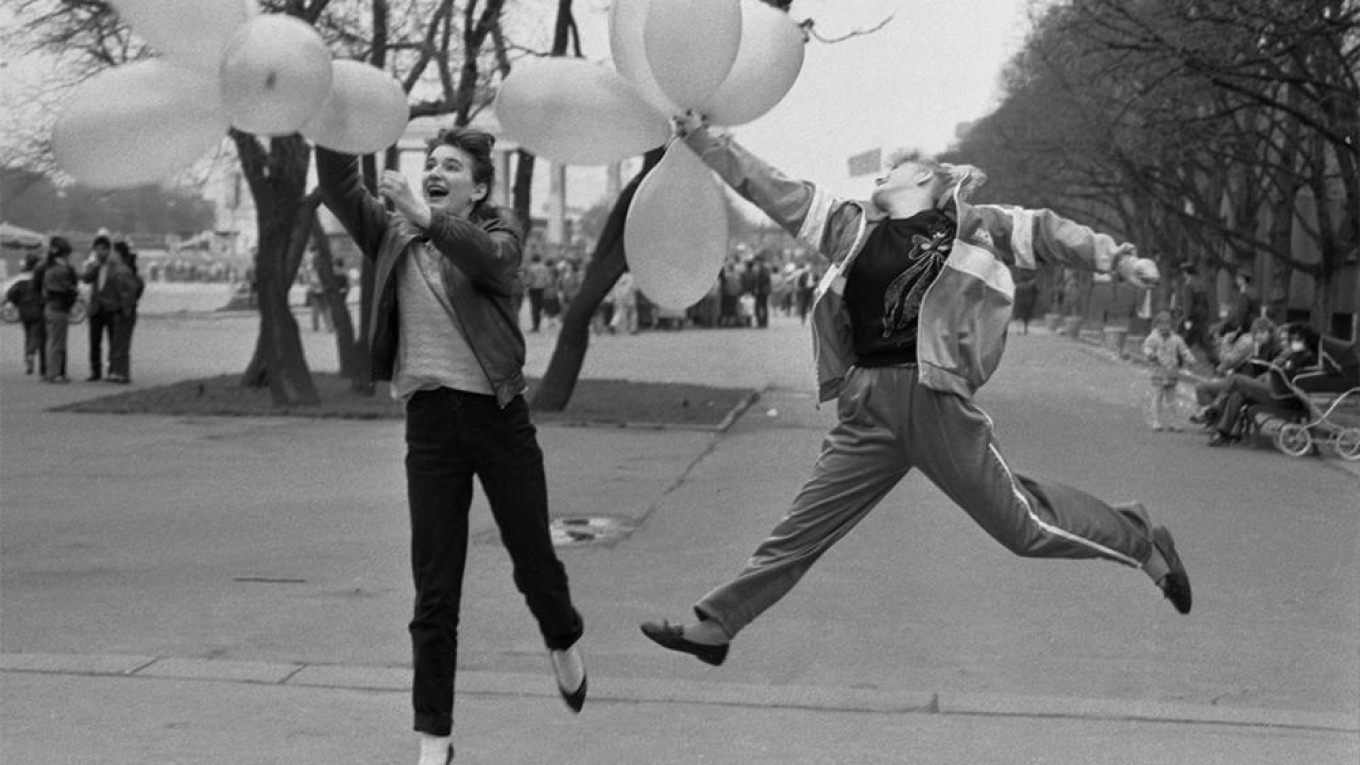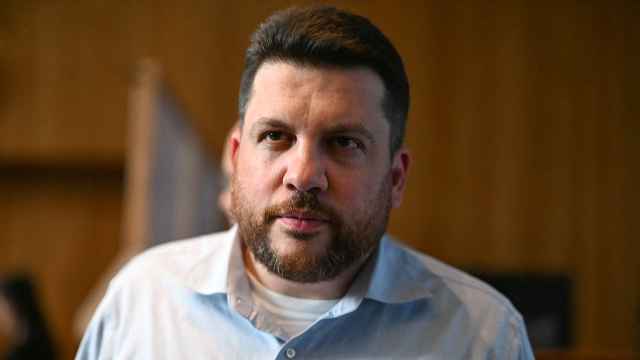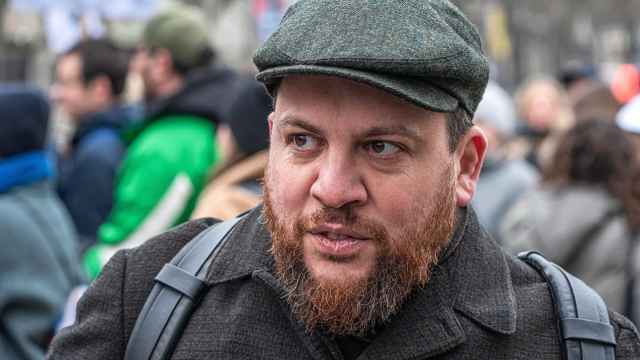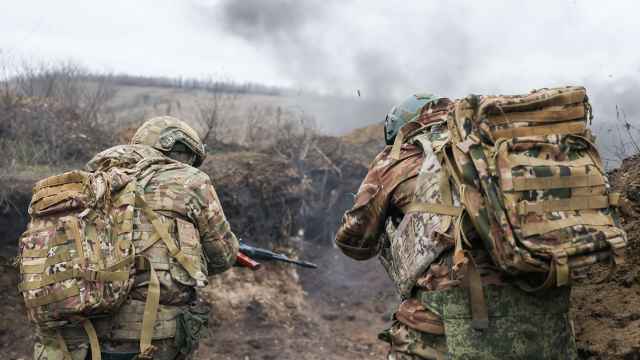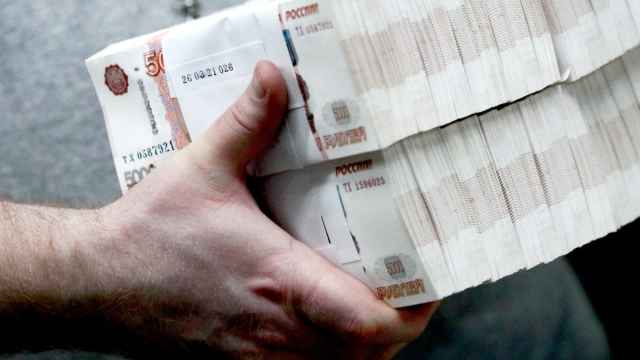Mikhail Gorbachev’s perestroika and Boris Yeltsin’s reforms seem almost as distant as the 1917 Revolution.
The decade of the 1990s has been mythologized, intentionally defamed by Putin’s regime and represented superficially in the international media. The first post-Soviet decade has a firm reputation as the Wild ‘90s, ruled by the mafia and oligarchs, a time of chaos and destruction of all the pillars of society.
The end of the Soviet imperial project did indeed make life extraordinarily difficult when people were tossed into an unknown future where they had to find new strategies for survival. There were outbreaks of violence, a temporary paralysis of many branches of industry, and a crisis in the value system. Much has already been written about this.
But in spite of the economic collapse and political instability, this was the happiest time of my life.
For most of my generation the 1990s remain a territory of freedom: freedom of action, choice, conviction and expression. This was a decade unprecedented in Russian history, when people who were socially or creatively active could realize their aspirations.
In 2007 I did a special research project for the journal Russian Literary Observer on the last year of the U.S.S.R. — 1990. I sought to answer the questions: Was the break-up of the Soviet Union unavoidable, and was it caused by a “conspiracy on high” or “a revolution from below?”
After a detailed analysis of the transformational processes in various spheres of society, it’s clear that the changes unleashed by perestroika had emerged from deep within society and were irreversible.
In 1990 the infamous 6th Article of the Constitution giving the Communist Party a monopoly on power was abolished under public pressure. A multi-party state developed in leaps and bounds as an epidemic of ethnic conflict flew across the country and the parade of sovereign republics began.
It was a year of firsts: the first independent media, book publishers, private art galleries, private banks, commodity and stock exchanges. The Warsaw bloc dissolved, and Germany was reunited. Soviet people traveled abroad. The economy completely collapsed, causing severe deficits.
After the failure of the revanchist coup in August 1991, the modernizing processes began to accelerate, as if all the stored up creative energy had finally burst through to freedom.
A new democratic government was formed. Critics might object that the new social construct was weak and of short duration, but I would disagree.
Over the last 17 years the forces of reaction have been persistently and aggressively tearing down democratic institutions, trampling on the Constitution, strangling freedom of speech, persecuting independent education and culture. And yet they still have not succeeded.
Why couldn’t we maintain and defend these many achievements? Perhaps we did not fully comprehend the essence of our newly acquired freedom, which is of great value in and of itself, and is not a coin to be spent when negotiating with the authorities over stability and prosperity.
The best lesson for the future might be taken from history. At the beginning of the 18th century, the Duke of Savoy wanted to bring Geneva and other parts of French Switzerland under his rule, by promising higher living standards under his protectorate.
The response of the proud Swiss was: We prefer to live in poverty under the canopy of freedom than grow fat in slavery. Comment is superfluous.
......................................................................................................................................................................................................................
Irina Prokhorova is a literary critic and cultural historian. She heads the New Literary Observer publishing house.
*This article is part of The Moscow Times' 25th anniversary special print edition. To view the entire issue click here.
A Message from The Moscow Times:
Dear readers,
We are facing unprecedented challenges. Russia's Prosecutor General's Office has designated The Moscow Times as an "undesirable" organization, criminalizing our work and putting our staff at risk of prosecution. This follows our earlier unjust labeling as a "foreign agent."
These actions are direct attempts to silence independent journalism in Russia. The authorities claim our work "discredits the decisions of the Russian leadership." We see things differently: we strive to provide accurate, unbiased reporting on Russia.
We, the journalists of The Moscow Times, refuse to be silenced. But to continue our work, we need your help.
Your support, no matter how small, makes a world of difference. If you can, please support us monthly starting from just $2. It's quick to set up, and every contribution makes a significant impact.
By supporting The Moscow Times, you're defending open, independent journalism in the face of repression. Thank you for standing with us.
Remind me later.



